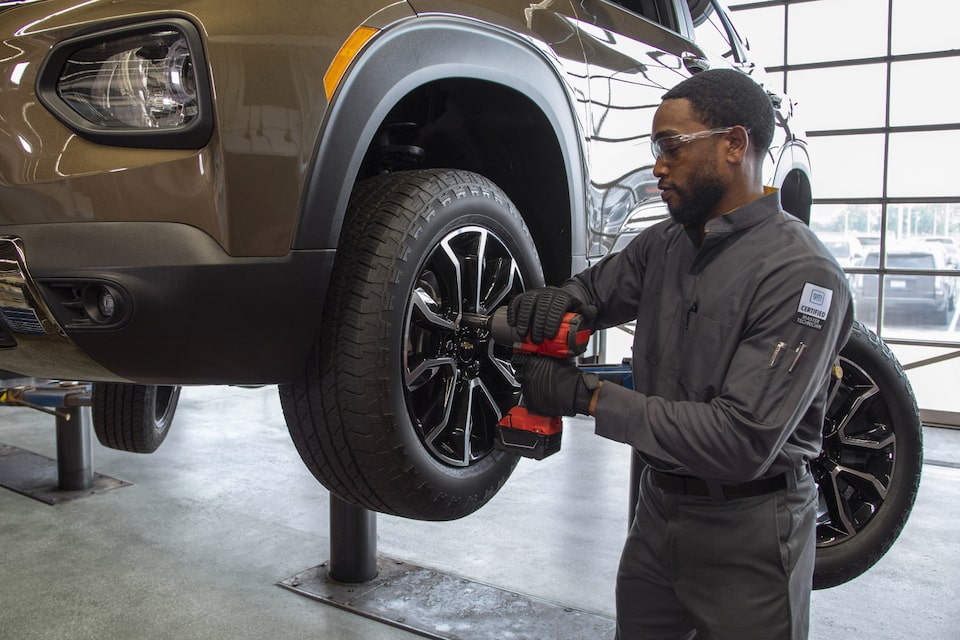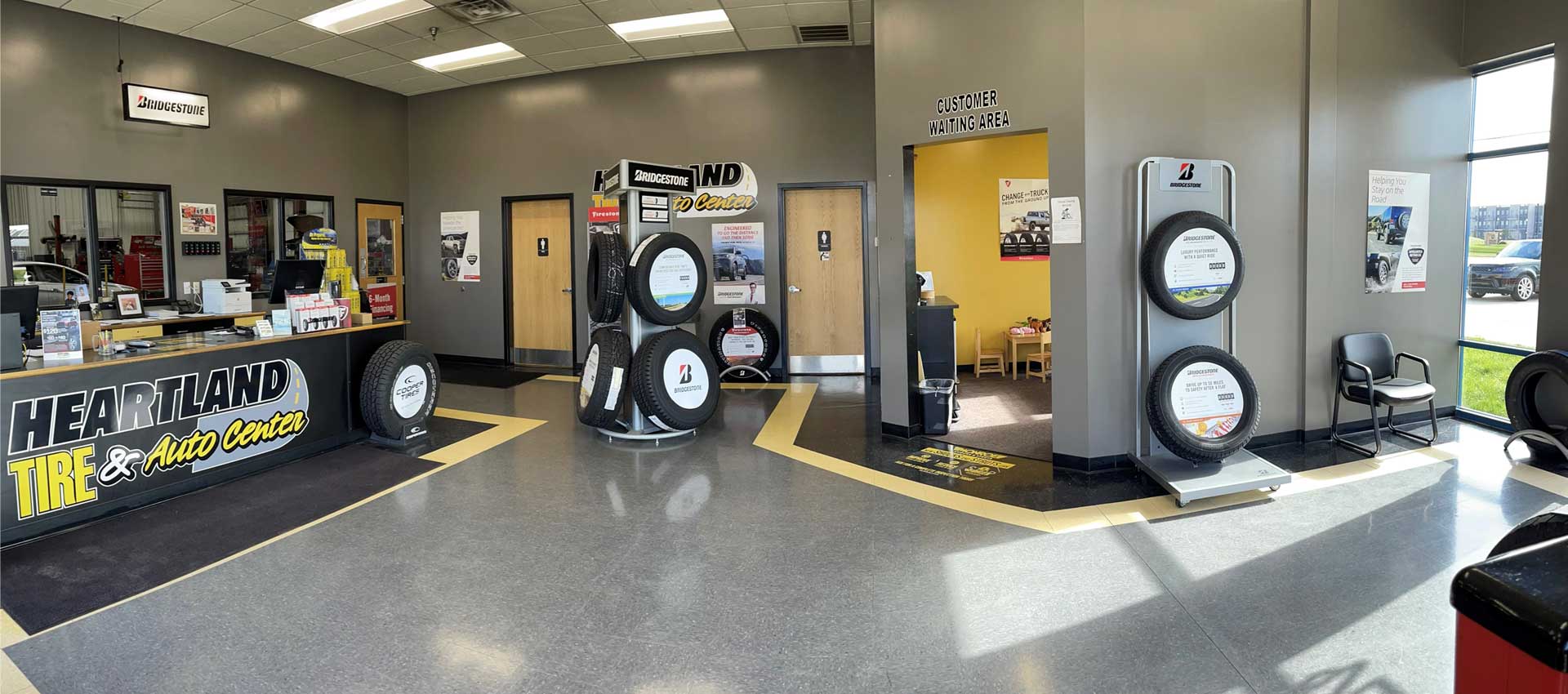Tire Service: The Effect of Climate Condition
When it comes to ensuring optimum performance and security when traveling, comprehending the influence of weather condition conditions on tire service is critical. From scorching warm to icy roadways, each climate aspect can dramatically influence tire functionality and overall driving experience. By delving right into the impacts of differing climate condition on tires, vehicle drivers can get valuable understandings that may boost their automobile's efficiency and long life. In this discussion, we will check out the detailed partnership between climate conditions and tire service, dropping light on the significance of weather-specific tire upkeep methods and considerations.
Heat and Tire Performance
When subjected to heats, tires experience changes in efficiency that can significantly influence automobile safety and security and handling. The warmth generated from long term driving or hot weather conditions causes the tire rubber to soften, resulting in decreased tread life and raised wear. As the rubber becomes softer, the tire's hold when driving diminishes, affecting braking ranges and overall traction. In severe cases, extreme warm can even create tire blowouts, positioning a serious security threat to the automobile and its residents.
In addition, heats can speed up the procedure of tire aging, creating the rubber to weaken extra rapidly. This can lead to cracks, protrudes, and various other forms of damage that compromise the structural stability of the tire. To minimize the results of warm on tire efficiency, motorists ought to routinely examine their tire pressure, turn tires to guarantee also wear, and check for any kind of indicators of damage. Additionally, utilizing tires particularly made to endure high temperatures can assist preserve optimal performance and safety when driving.
Winter Effects
Winter conditions can have a substantial influence on tire efficiency and security. As temperatures drop, tire rubber can set, causing reduced grip on icy or snow-covered roads. In winter, tires might additionally shed atmospheric pressure extra rapidly, which can affect dealing with and gas efficiency. In addition, cool temperatures can create tire sidewalls to stiffen, raising the threat of damages from potholes or other road threats.
To minimize the impacts of cold weather on tires, it is critical to routinely examine tire pressure and inflate them to the manufacturer's recommended degrees. Making use of wintertime or all-season tires designed for cool weather condition problems can additionally improve grip and grip on icy or snowy roadways - discount tires morris il. Correct tire upkeep, including normal examinations for wear and damages, ends up being even a lot more important during colder months to make certain optimal performance and safety and security
Rainy Issues Effect
Tires with worn-out treads are more vulnerable to hydroplaning, where a layer of water builds up between the road and the tire surface area, leading to loss of traction. To fight this, drivers ought to consistently evaluate their tires for appropriate walk deepness and take into consideration spending in tires particularly designed for wet conditions.

Snow and Tire Safety
Snow-covered roads present unique difficulties for vehicle drivers, highlighting the significance of appropriate tire choice and upkeep. When driving in snowy problems, having the best tires can make a substantial distinction in security and efficiency. Winter tires are designed with unique rubber compounds and tread patterns to supply much better grip on snow and ice contrasted to all-season tires. The deeper footsteps and sipes of winter season tires assist hold the road much better, reducing the threat of moving and sliding.
Along with making use of wintertime tires, it is essential to ensure they are correctly blown up. Cold weather condition can cause tire stress to go down, influencing grip and handling (tire shop morris). On a regular basis inspecting and preserving the correct tire stress is vital for ideal efficiency in snowy conditions

Weather-Related Tire Maintenance
Weather-related tire upkeep encompasses a range of methods aimed at guaranteeing optimum tire feature and long life in various weather situations. One vital element of weather-related tire maintenance is tire stress policy. Evaluating tire walk consistently and changing tires when step wear gets to a particular deepness is essential for keeping grip and security in damaging climate.
Verdict
In verdict, weather have a substantial influence on tire efficiency and safety and security. From warm impacting tire pressure and wear click to read to cold weather reducing grip, it is vital to take into consideration the climate when keeping and making use of tires. Wet problems can reduce hold and result in hydroplaning, while snow can increase the risk of crashes if tires are not effectively outfitted. Weather-related tire upkeep is important in making sure ideal efficiency and safety on the roads.
In this discussion, we will discover the complex partnership between weather condition problems and tire service, dropping light on the importance of weather-specific tire maintenance techniques and considerations.

Comments on “Specialist Morris Tire and Alignment Providers: Ensure a Smooth and Safe Drive”